
What is the best sunscreen for me?
Hi, I’m Dr. Angela Sturm and I’m back again to talk to you about a very important and timely topic for now. Summer is a time to enjoy your friends and family at the beach, the zoo or just out for a walk. However, you want to make sure that you protect your skin while you do it! There are so many sunscreens and sunblocks on the market. How do you decide which one is right for you?

Sunscreen vs Sunblock
There is a difference between sunscreens and sunblocks. Sunscreens are chemicals that filter the sun’s penetration into the skin. Sunblocks physically block the sun’s ultraviolet radiation into the skin, so are better at preventing sun damage, skin cancer and aging changes. These contain ingredients like titanium dioxide and zinc oxide. They give broad coverage against both UVA and UVB light. These are often more opaque. Products that are a combination of sunblock and sunscreen are great because you get the benefits of each, broad coverage with a smooth texture.
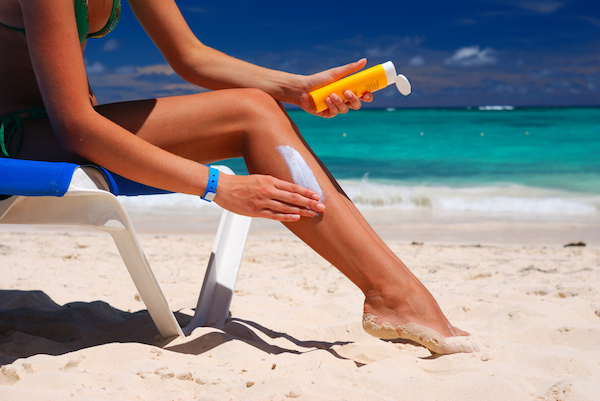
What is SPF?
I have heard many different explanations of SPF OR Sun Protection Factor. Unlike what I have heard people say, this does not mean the number of minutes that you can stay in the sun. What it does mean is the amplification of your ability to be in the sun. For example an SPF of 15 will allow you to be in the sun 15 times longer before your burn. This does not mean that it correlates proportionally to the amount of sun that it blocks. So, the difference between an SPF of 30 and 100 is very little. So, American Melanoma Foundation recommends using SPF of at least 15. I prefer SPF 30 for the body and 50 for the face, since sun exposure accelerates the aging process. Also, make sure to choose one that protects against not only UVB, but UVA radiation The SPF only applies to the ability to block UVB rays, so look at the labels. The UVA radiation may penetrate deeper into the skin and contribute to premature aging. So the best product is a combination of sunscreen and sunblock with an SPF of at least 30 that you like the texture and will use consistently.
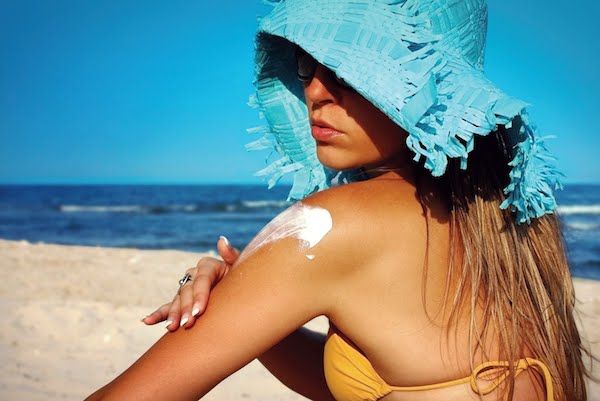
Is Sunscreen enough?
Sunscreen, sunblock or a combination of is a big part of keeping your skin healthy and preventing sun damage, when used regularly. However, these do not block radiation rays that can cause free radicals in the skin, which causes cell damage. Free radicals have been associated with heart disease, cancer and sun damaged skin. Antioxidants can protect your cells from these effects. Beta-carotene, lutein, lycopene, selenium and vitamins A, C are antioxidants that re found in a number of foods and skin care products. They help protect the skin from the inside out!
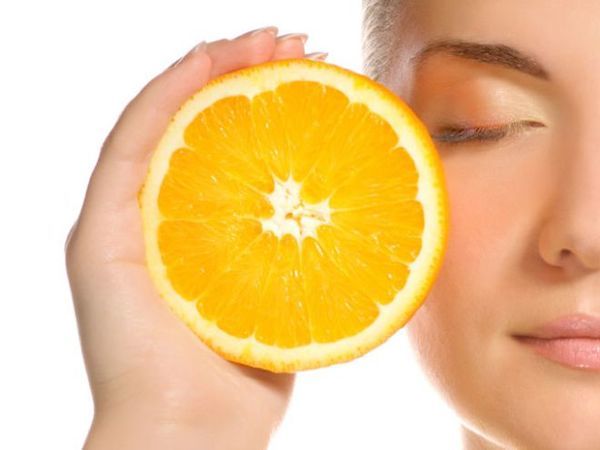
How is the best way to get these antioxidants?
As we all know, a balanced diet can give us not only the nutrients we need, but the antioxidants too. Specifically, foods high in Vitamin A include sweet potatoes, carrots, spinach, kale, cantaloupe and more. Vitamin C is found in papaya, citrus fruits, bell peppers, leafy green and more. Foods rich in Vite E include sunflower seeds, almonds, spinach to name a few. Selenium can be found in nuts, mushrooms, seafood, beef, port and chicken.
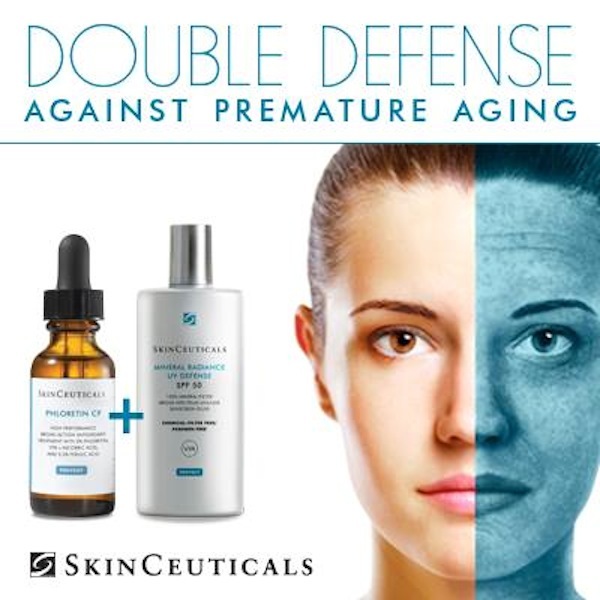
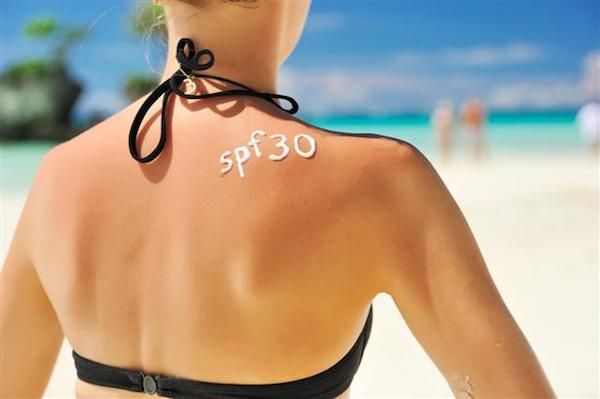
Also, there are topical applications of vitamin A, C and E, as well as selenium that when used daily can prevent sun damage and help make your skin look brighter!!!
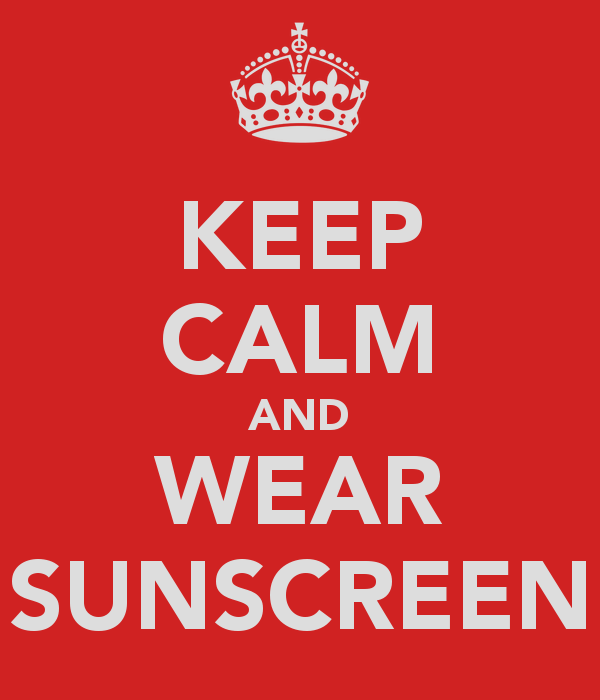
A lot to read, I know, but things you must know to protect your skin from the deadly effects of sun damage. For more see my website, Dr. Angela Sturm
The End

Great tips! Info on the SPF number is especially helpful- never knew exactly what it meant!